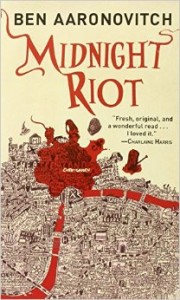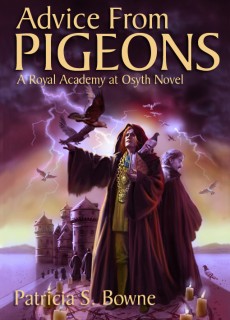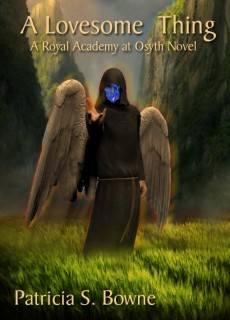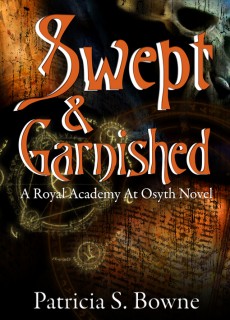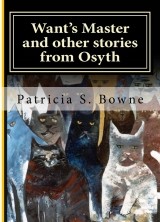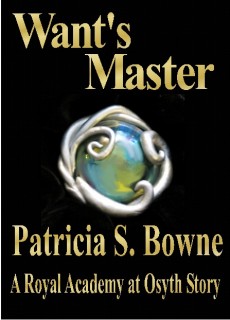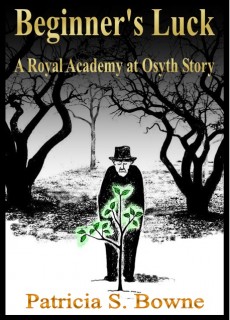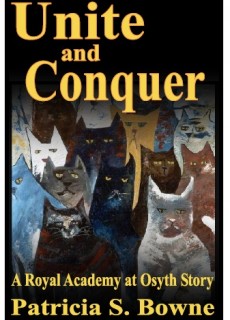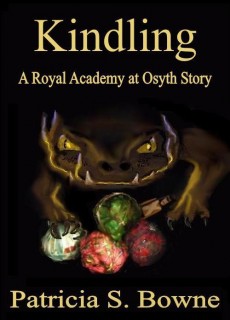Last week I read a Facebook discussion about the Pronoun Issue. Someone chimed in to say that you didn’t need to know people’s preferred pronouns. When did you really need to refer to somebody by a pronoun? this commenter asked – a point I have myself raised on numerous fora.
The owner of the Facebook page reacted strongly. Anybody who asked that disingenuous question would be banned immediately as a troll! After all, what if you had to (gasp) introduce the person in question at a professional meeting?
My immediate reaction was that the commenter’s real sin had been to introduce reality into an otherwise diverting argument. But to be fair, I thought, what would I do if I had to introduce someone at at professional meeting and I didn’t know their preferred pronoun? I have written fiction about such characters with no trouble, but there I had control of the context.
I went in search of a sample introduction at the most recent Academic Minute. Here’s what I found:
John Cullinan is Associate Professor and Chair of the Mathematics Program at Bard College. His primary research focuses on the intersection of Number Theory and Representation Theory, and he has recently begun publishing in the Mathematics of Voting. Dr. Cullinan has been on the faculty at Bard College since 2006 after teaching for a year at Colby College. He received his Ph.D. from the University of Massachusetts Amherst in 2005.
Of course Dr. Cullinan probably wrote this for them, in which case there would be no call to mess with it. But if writing such an introduction for somebody else, could we convey all this information without the gendered pronouns? Of course we could! We are educated professionals.
John Cullinan is Associate Professor and Chair of the Mathematics Program at Bard College, doing research on the intersection of Number Theory and Representation Theory which has recently been published in the Mathematics of Voting. Dr. Cullinan received the Ph.D. from the University of Massachusetts Amherst in 2005 and has been on the faculty at Bard College since 2006.
Now I need make no assumptions about Dr. Cullinan’s gender or preferred pronouns. That wasn’t so hard, was it?
So I say let us quit our bitching, pull on our grown-up undergarments, and just write our stuff without gendered pronouns. You might notice that I have been able to write this entire blog post without them. Or you might not have noticed, which is sort of the point.

